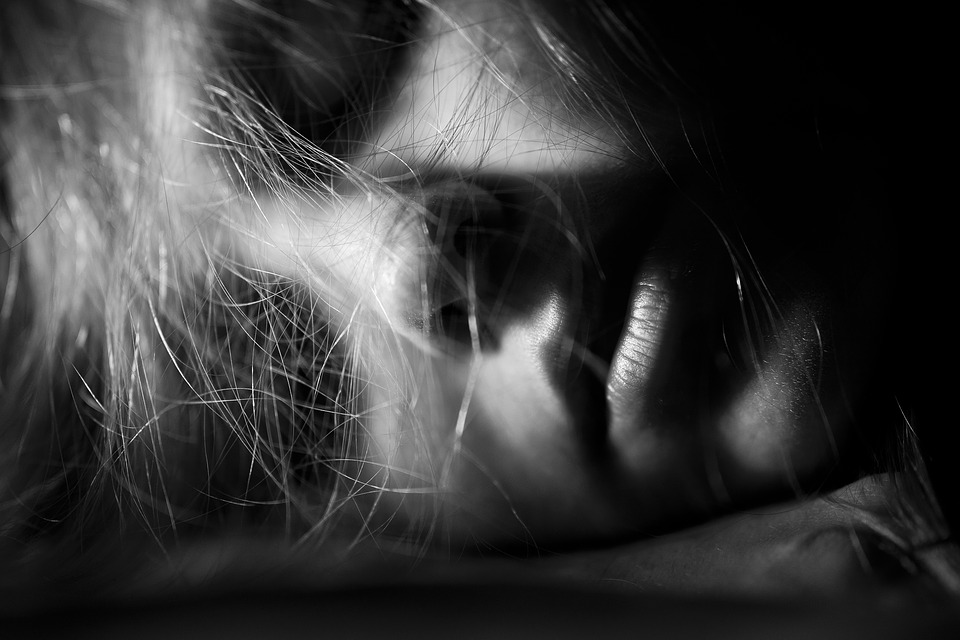
Sleep loss quickly causes changes in brain that leads to feeling more pain.
Often when I see patients, they report that they started feeling pain waking up one morning.
I ask them about what happened and the story often goes something like this…
“I got in a car accident several years ago and have had some pain and stiffness in my neck and back since that comes and goes. I woke up yesterday and it was really hurting. I can’t even turn my head today.”
When I ask them about things that may have aggravated the old injury, things that they did differently over the last several days whether it’s yard work, a long car ride, some lifting, or any type of trauma…
It’s often “No, I haven’t done anything that might have caused the pain to worsen.”
Sometimes it’s not a physical trauma that causes our pain to worsen.
This study adds to prior research that as far as pain goes, MANY things count.
One big misunderstood idea about pain is that pain is directly proportional to tissue damage. There is absolutely no doubt that this is not true for a variety of reasons.
How much pain we feel is dependent on many different factors.
We’ll talk about one here, loss of sleep.
“Researchers found that poor sleep interferes with pain centers in the brain and can change how a person perceives and reacts to a noxious (painful) stimuli.”
A 2019 study in The Journal of Neuroscience finds that a lack of sleep may make you more sensitive to pain.
Researchers scanned the brains of 25 healthy adults while they had uncomfortable levels of heat on their legs after they slept 8 hours and again after they were awake for 24-28 hours.
In the sleep deprived people…
Researchers measured a 120% increase in the activity in the area of the brain (the somatosensory cortex) that interprets pain. This relates to a lower pain threshold compared to the people who had 8 hours of sleep.
In other words, you’re more likely to feel pain.
Sleep deprived people also had a 60-90% loss of activity in brain areas that reduce pain perception (the striatum and insula).
So here we see increases in activity related to feeling pain in an area and losses of activity in areas related to reducing pain after one day of losing sleep.
The researchers reported that sleep loss reduces pain threshold making it more likely that we feel pain.
They recommended that pain sufferers would likely improve their pain by improving their sleep.
We’ve written about other research that shows loss of sleep increased pain and inflammation.
The big takeaways from this blog post on pain include…
- The amount of pain we feel is not necessarily directly proportional to damage in our tissues.
- How much pain we feel is related to many different factors.
- Sleep loss is likely to increase our pain.
- An interesting related topic is that not feeling pain does not mean that there is not a problem occurring. We are often experiencing breakdown of our spine or extremity joints (aka ‘arthritis‘ or degenerative joint and disc disease), but we don’t feel it.
If you have been experiencing pain, then so many things count in trying to fully recover.
Fortunately, many of these things may be things that you can improve. This includes sleep, but also so many other lifestyle factors that can either increase or decrease our pain levels.
This is why it’s important to see a health care provider that can help you address these other factors in addition to the local problems that may be causing headaches, neck pain, upper back pain, shoulder pain, low back pain, sciatica, extremity pain and more.
This is what Dr. Hagebusch does with his patients at Hagebusch Chiropractic Texarkana.
Dr. Hagebusch has helped thousands of Texarkana area residents recover from injuries ranging from whiplash to sports injuries, work injuries, neck pain, back pain, extremity complaints, and much more.
We’re here to help you too! Contact Hagebusch Chiropractic Texarkana to see what we can do to help you recover!
Reference:
https://www.health.harvard.edu/pain/poor-sleep-can-change-your-reaction-to-pain
 Protected by Patchstack
Protected by Patchstack
Leave a Reply